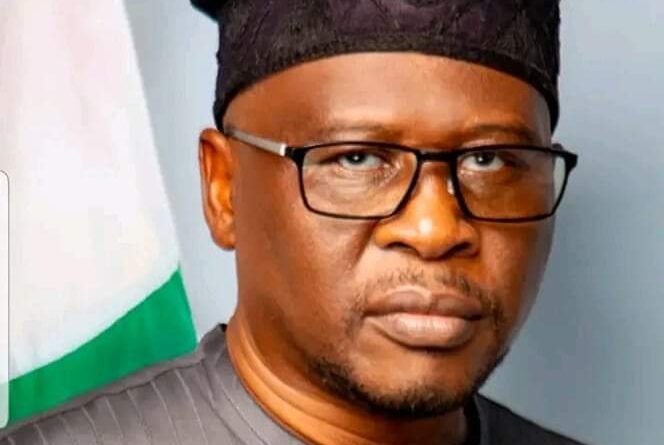Editorial: Thank you, Governor Fintiri, for supporting Nigerian-made autos.
Thank you, Governor Ahmadu Umaru Fintiri, for your commitment to promoting and supporting the Nigerian automotive sector by purchasing automobiles built in Nigeria. The decision of Governor Fintiri to support and encourage the usage of Nigerian-made automobiles has important consequences for the country’s economy and industrial growth.
The marketing of made-in-Nigeria vehicles serves several reasons, the most important of which is to expand and improve the local automotive sector. Governor Fintiri is actively assisting to the growth and sustainability of local automotive manufacturers by purchasing automobiles made in the nation.
This assistance translates into more job possibilities for Nigerians and a boost to the broader economy. Furthermore, the endorsement of made-in-Nigeria automobiles by powerful persons such as Governor Fintiri has far-reaching implications for the perception and reputation of Nigerian-made goods.
It sends a strong signal to both home and international audiences that Nigeria has the competence and quality to create automobiles that meet international standards.
This not only improves the country’s image, but also inspires Nigerian customers to invest in locally manufactured goods, generating demand and propelling the automobile sector forward.
Governor Fintiri has purchased made-in-Nigeria automobiles from INNOSON vehicle manufacturing in Nnewi, Nigeria, portraying the governor as a stateman and a pan-Nigerian who has the best interests of the country at heart.
Furthermore, purchasing made-in-Nigeria automobiles helps to reduce reliance on imported vehicles. Historically, Nigeria has relied significantly on imported autos, which not only deplete foreign exchange reserves but also impede technical transfer and industrialisation.
Governor Fintiri aggressively encourages local innovation, research, and development in the automobile sector by emphasising Nigerian-made cars. This, in turn, opens the door to technical improvements, employment development, and, eventually, economic self-sufficiency.
Governor Fintiri’s decision serves as an example and a call to action for other political leaders, businesses, and citizens to promote Nigerian-made items. We can generate a ripple effect across the whole value chain by jointly adopting and advocating locally built automobiles, stimulating investments, boosting skill development, and pushing entrepreneurship in the automotive sector.
To summarise, Governor Fintiri’s support for made-in-Nigeria automobiles is admirable, since it has various advantages for the economy, industry, and nation as a whole. This act of assistance not only boosts the indigenous automotive sector, but also enhances Nigeria’s image as a capable and competitive participant in the global market.
The Made in Nigeria movement can survive with ongoing devotion and support from powerful leaders like Governor Fintiri, ushering in a new age of industrial expansion, job creation, and economic success for the country.




